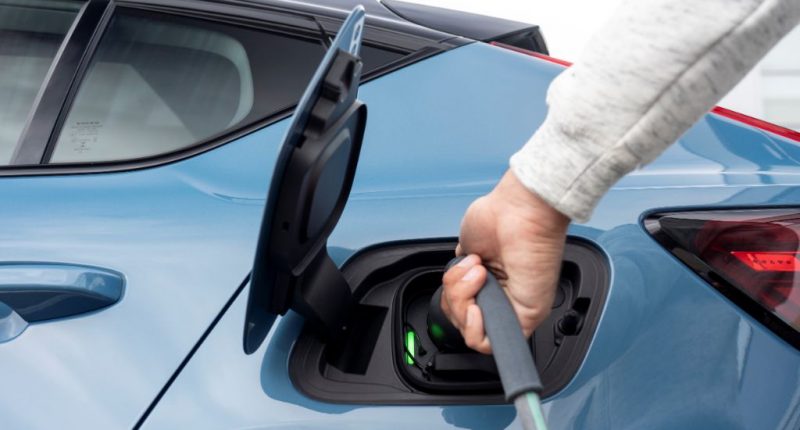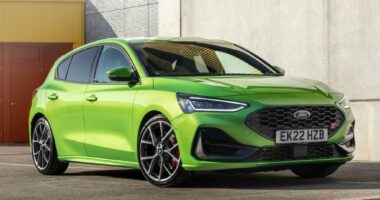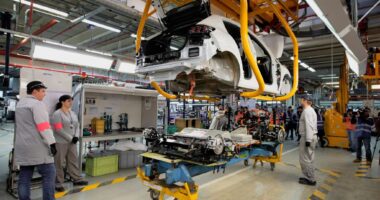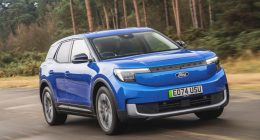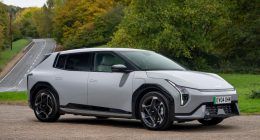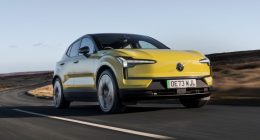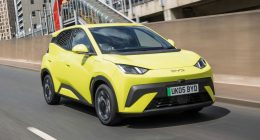Premium car brand Volvo says “significant investment” in Northern Ireland’s charging network is required if electric cars are to “deliver on their true potential” of helping tackle climate change.
The Swedish company issued the warning as Glasgow hosts the UN Conference of the Parties (COP26) climate summit where it is hoped world leaders can agree a timeframe to achieve ‘net zero’ on or before 2050.
The comments also coincides with a report that sets out by how much harmful carbon emissions are reduced if an electric car is built and charged using clean energy sources.
Back in early 2019, Volvo pledged to become a climate neutral company before 2040, with electric vehicles to account for at least half of all its sales by 2025.
A Lifecycle Assessments (LCAs) of the carbon emissions of EVs over their lifetimes have long shown them to be significantly lower than those of petrol or diesel-powered vehicles.
A LCA carried out on the Volvo C40 Recharge reveals that when clean energy is used to help replenish the battery, the CO2 impact of the car throughout its life cycle is less than half that of a regular Volvo XC40. When charging with electricity generated through fossil fuels, that difference becomes much smaller, the report stated.
However, when drivers charge their C40 Recharge using a “global energy mix” that is generated using around 60% fossil fuels, the car’s life cycle CO2 tonnage can increase to as much as 50 tonnes.
“We made a conscious strategic decision to become a fully electric car maker and an industry leader, but we can’t make the transition to climate neutrality alone,” said Håkan Samuelsson, the Chief Executive of Volvo Cars.
“We need governments and energy firms around the globe to step up their investments in clean energy capacity and related charging infrastructure, so fully electric cars can truly fulfil their promise of cleaner mobility,” he added.
